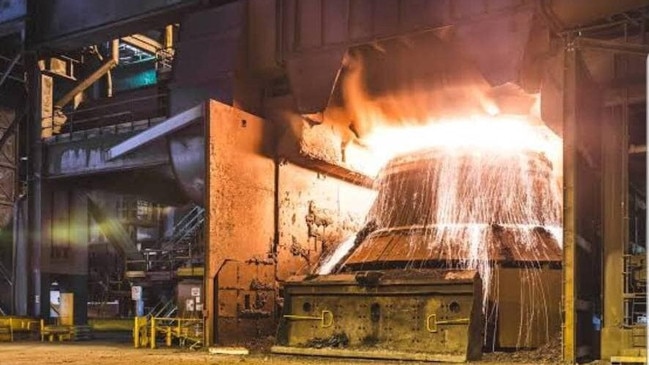BlueScope appeal hears company wanted a price bump but cartel finding should be thrown out over lack of ‘formal commitment’
The steel manufacturer is trying to have a multimillion-dollar fine handed down for cartel conduct thrown out on appeal.

BlueScope Steel is trying to have a record $57.5m fine it was handed over cartel conduct thrown out – by arguing it might have been trying to bring about a price increase for flat steel products, but it never secured a formal commitment from distributors to do so and has not breached the law.
After Federal Court judge Michael O’Bryan handed down his initial decision in December 2022, finding BlueScope tried to induce eight other Australian – and one international – steel distributors to lift the price of flat steel products between September 2013 and June 2014, lawyers for BlueScope kicked off their appeal on Monday and argued its “strategy was always for distributors to retain their independent pricing discretion”.
“Yes (marketing and sales executive Jason) Ellis and therefore BlueScope was trying … to bring about an increase in price,” BlueScope barrister Michael Borsky KC said.
“And he was trying perhaps unwisely to do that. But that is not to be conflated with … an intention to induce distributors to arrive at an understanding … to do those things.”
According to BlueScope’s latest accounts, the steel manufacturer has paid the $57.5m fine. If it successful in its appeal, all or some of it could be recoverable.
The Australian Competition and Consumer Commission first launched its case against BlueScope in 2019 and alleged the company and Mr Ellis tried to induce its competitors to fix and or raise the price of flat steel products supplied in Australia.
At the time, the price of steel was tumbling.
The Federal Court found in December 2022 that BlueScope Steel and Mr Ellis engaged in cartel conduct. The company was fined $57.5m – the largest penalty ever handed to the perpetrator of cartel conduct – and a $575,000 fine was imposed on Mr Ellis.
But on Monday, Mr Borsky argued BlueScope’s strategy was to share a price list that it was “recommending”, and distributors could consider whether or not they used it.
“(The) conduct might be close to the line … without crossing the threshold. We don’t pretend that the conduct was exemplary,” he said. “But the conduct was informed by legal advice. It was expressed and implemented with great care and consistency.”
Mr Borsky said none of the witnesses that gave evidence suggested BlueScope “ever” sought any assurance or commitment from distributors that any of them would increase their prices.
The appeal continues.





